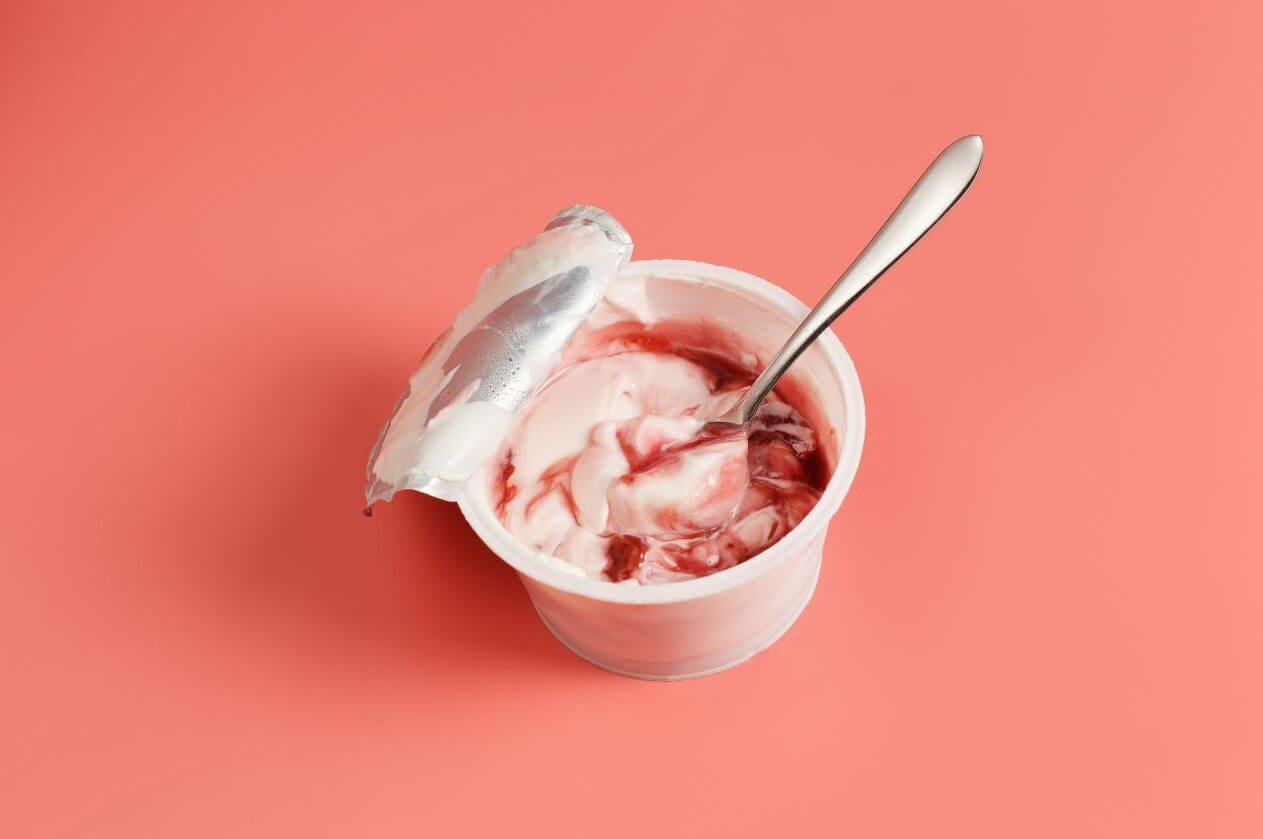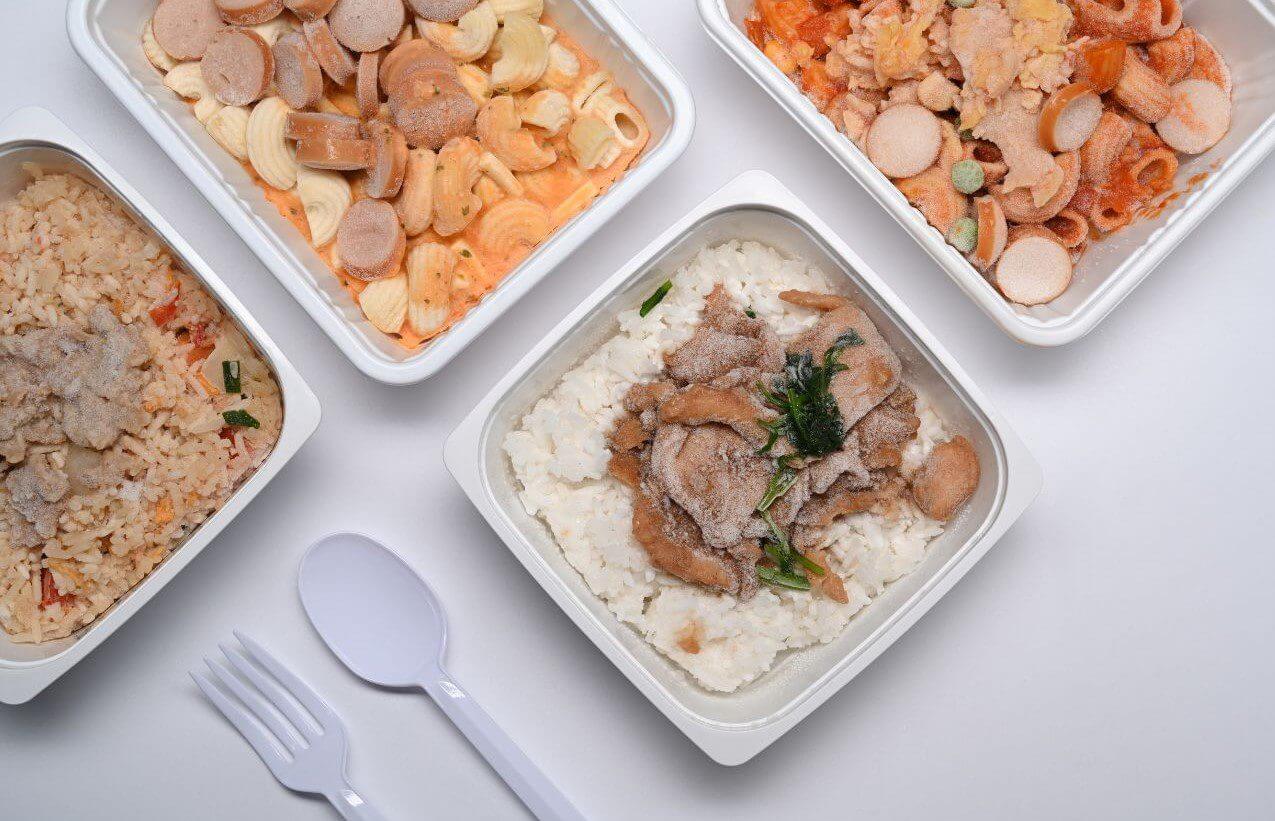8 Worst Carbohydrate Foods to Avoid in Your 30s
If you’re a woman over the age of 30, it’s important to be aware of the kinds of foods you’re eating, and how they make you feel. Some foods can have negative effects on your hormone balance, metabolism, and immune function. In this post, we’ll discuss the worst carbs for women over 30. We’ll also explain why common additives like sugar are especially harmful for women and how it can wreak havoc on your energy, hormones, and even the look and feel of your skin. So if you want to look and feel great, you might consider saying ‘no thanks’ the next time someone offers you these foods!
Want to lead a more holistic and fulfilling lifestyle but aren’t sure where to start? Share in the wisdom of other like-minded superwomen who are on this journey along with you. Learn more about the Superwoman Circle.
Do the foods you choose really make a difference?
You’re probably noticing that your daily decisions have a noticeable impact on how you’re feeling—more so than they did in your teens and 20s. Nights of missed sleep, too much sugar, and a few too many nights of weekend parties can really leave you feeling the effects.
This is a great example of how the choices you make after you turn 30 are so pivotal in how you’ll look and feel for the next few decades. And while it’s never too late to start making better choices for yourself, the best time to start is right now.
With that in mind, here are some of the most notoriously problematic carbohydrate foods to avoid once you hit 30—no matter how hard the cravings hit.
Read more: 5-Day Sugar Detox
1. Flavored yogurt

So many yogurts are the pinnacle of hidden sugar. What would otherwise be a healthy, protein-rich snack is often laden with up to 22 grams of sugar. Yikes! Many sources of added sugar are often hiding in unsuspecting places, like condiments, bread, and yogurt. Too much sugar wreaks havoc on your hormones, as well as causing a blood sugar crash a short while later, fueling yet more cravings.
So, what should you do if you love yogurt but don’t want the sugar? Opt for Greek yogurt or skyr. These are much higher in protein, a lot lower in sugar, and will keep you feeling fuller longer.
Related: 4 High-Protein Recipes for Easy Weight Loss
2. Breakfast bars
 Walk the store aisles and you’ll see a variety of granola bars, breakfast pastries, and hand-held biscuit options that are masquerading as convenient breakfast foods. And while these foods may seem great for on-the-go, they do you no favors if you’re trying to fuel your body for a busy day of work, school, or taking care of your kids. Just like yogurt above, they’re a sneaky source of sugar and processed carbohydrates. Sure, there might be a few grams of fiber, but often not enough to offset the sugars. Sugary diets cause a slew of health problems, including metabolic syndrome, worsening PCOS symptoms, and diabetes.
Walk the store aisles and you’ll see a variety of granola bars, breakfast pastries, and hand-held biscuit options that are masquerading as convenient breakfast foods. And while these foods may seem great for on-the-go, they do you no favors if you’re trying to fuel your body for a busy day of work, school, or taking care of your kids. Just like yogurt above, they’re a sneaky source of sugar and processed carbohydrates. Sure, there might be a few grams of fiber, but often not enough to offset the sugars. Sugary diets cause a slew of health problems, including metabolic syndrome, worsening PCOS symptoms, and diabetes.
People who consume 20 percent (or more) of their daily calories from added sugar have higher risk of developing heart disease, metabolic syndrome, and high cholesterol, compared with people who consume less of their calories from added sugar (1). American adults consume an average of 77 grams of sugar per day, more than 3 times the recommended amount for women (2).
If you’re looking for a quick and easy, hand-held breakfast for busy mornings, try these instead and do your heart and metabolism a favor!
3. Soda
In a lot of ways, this one is a no-brainer, but sodas are definitely one thing you should ditch if you’re trying to clean up your health in your 30s. And you might think that switching to a diet soda with less sugar would be better, but not so fast. The artificial sweeteners in diet soda, like aspartame, can harm your microbiome (3). This creates an imbalance of bad bacteria in the gut that now could leave you susceptible to health issues like SIBO, Candida overgrowth, and other issues. In addition, diet sodas are still laced with potentially cancer-causing dyes (4).
I personally know how hard it is to kick the habit of a diet Coke when you get that craving, but the energy and clarity you’ll have afterwards is so worth it.
Try out these tonics instead to find your new go-to afternoon pick-me-up.
4. White bread & refined starches
Listen, we all love a warm, buttery croissant every now and then, but unless it’s a special occasion, it’s better to forgo those white starchy foods most of the time. This list includes things like white bread, bagels, pasta, and other processed, ultra-refined carbohydrate options. Though these items might not always have a lot of added sugars, your body converts refined carbohydrates into glucose, the same as good old fashioned table sugar.
Too much is not good for your hormones, and can also contribute to premature aging. In fact, refined carbs increase what are called AGEs in your body. These are advanced glycation end-products, and they damage collagen and other cell-building proteins. Choosing higher fiber, whole grain options over refined foods will help maintain insulin sensitivity, supporting weight loss if that’s your goal.
Maintain youthful skin naturally with CollaglowC.
5. Sugary coffee creamer
 Do you love your morning coffee? If the answer is yes, you’ll want to rethink using a sugary coffee creamer. Even the natural sounding ones can be loaded with sugar and unhealthy fats. One popular French vanilla coffee creamer has canola oil, high fructose corn syrup, and artificial flavors as its main ingredients—in addition to an entire day’s worth of added sugar.
Do you love your morning coffee? If the answer is yes, you’ll want to rethink using a sugary coffee creamer. Even the natural sounding ones can be loaded with sugar and unhealthy fats. One popular French vanilla coffee creamer has canola oil, high fructose corn syrup, and artificial flavors as its main ingredients—in addition to an entire day’s worth of added sugar.
A note about coffee. In your 30s, this is the time your adrenal glands start to need extra care. Stress, a poor diet, and the demands of daily life place added pressure on your adrenal glands, especially now. Your adrenal glands are responsible for making several hormones, including cortisol and DHEA, which is a precursor for sex hormones like estrogen and testosterone. It’s at this time that caffeine can start to interfere with your adrenal glands, depleting them of resources they need to function optimally.
If you feel jittery, struggle with anxiety, or sleep difficulties, it’s worth it to take a break from coffee to see if these issues improve.
Related: How to Fix Adrenal Fatigue & Cortisol Dysfunction in Women
6. Carb-heavy takeout
Takeout meals are more popular than ever, and the last couple years have only increased our love of yummy to-go meals from your favorite restaurant. The trouble is that many menu items are loaded with sodium, unhealthy fats, and processed carbohydrates. All these ingredients spell trouble for hormones, weight gain, and the look and feel of your skin in your 30s and beyond.
You don’t have to give up takeout altogether, don’t worry, just take a look at healthier options. Focus on protein, a serving of veggies, and don’t forget about healthy fats like avocado, olive oil, or nuts & seeds. Save the processed stuff for the younger crowd!
7. Microwave “diet” meals

Once upon a time, trying to cut calories to shed a quick ten pounds before your summer vacation seemed like a good idea. And you opted for a less-than-appetizing frozen meal. A low calorie, easy “meal” that wouldn’t throw off your diet for the day. Or, so you thought.
The truth is that dropping your calorie intake with frozen microwave meals as a stand-in is a terrible option for women of any age, but especially now. These meals are not only unappetizing, but they’re devoid of nutrients, and high in all the ingredients you don’t want—salt, sugar, and artificial preservatives.
If you’re looking for a weight loss method that actually works, try balancing your hormones first.
8. Cocktails, beer, and wine
As you age, your body doesn’t metabolize alcohol as efficiently, and it takes longer for your natural detox pathways to recover. In addition to putting a lot of undo stress on the liver, drinking can also lower your blood sugar, making those tipsy cravings almost impossible to ignore. The bad news is that you’ll often crave high-calorie, low-nutrient comfort foods because your body is trying to elevate blood sugar.
It’s also very difficult to get a good night’s sleep after drinking. While you might fall asleep quickly, you won’t reach deep sleep, and you’ll probably wake still feeling tired in the morning. You might’ve been able to get away with minimal sleep when you were younger, but by now you’re all too familiar with the fact that “beauty sleep” is in fact a real thing!
For an easier, more restful night try Sleep Savior.
Other tips to lose weight, stay healthy, and feel great in your 30s
- Choose sustainability to build momentum. Countless quick fix weight loss programs promote low calorie plans or truly restricted detoxes with the promise to lose weight quickly. But the truth is these methods do more harm to your overall metabolism and health than they do good. You can start with a small calorie deficit by estimating how many calories your body burns on an average day. A calorie deficit of just 200 calories per day has proven effective to help sustain weight loss.
- Get movement every day. You’re probably thinking of exercise, like yoga, strength training, or jogging, but don’t underestimate the importance of every day movement that doesn’t fit into the stereotypical “workout routine” category. These are things like playing with your kids, walking the dog, gardening, and anything else that gets your heart pumping just a little. If you’re not big on classic forms of exercise, just focus on movement you enjoy!
- Focus on what you can add, not what you’re taking away. If there’s one mistake I see many women make when they’re trying to lose weight or get healthy, it’s this mindset. You definitely do not have to give up all your favorite foods, never indulge, and be perfect all the time. This type of thinking creates a feeling of deprivation, and is one of the main reasons people fail at reaching their health goals. Instead, focus on adding more whole foods to your diet like fruits & vegetables, lean protein sources, and healthy fats.
What to remember
Though it’s never good to label “good” and “bad” foods, there are definitely some types of foods to cut back on, especially as you get older. Processed carbohydrates, added sugars, and foods that are lacking essential nutrients don’t serve your body well in the long term.
For youthful energy, balanced hormones, and healthy skin, it’s crucial to make small adjustments toward better food habits, and sometimes that means forgoing the “junk” that might’ve made a regular appearance in your younger years.
Remember to be patient with yourself, focus on making sustainable changes, and most importantly—don’t give up! You deserve to feel happy, healthy, and beautiful no matter where you are in your journey.
Resources
